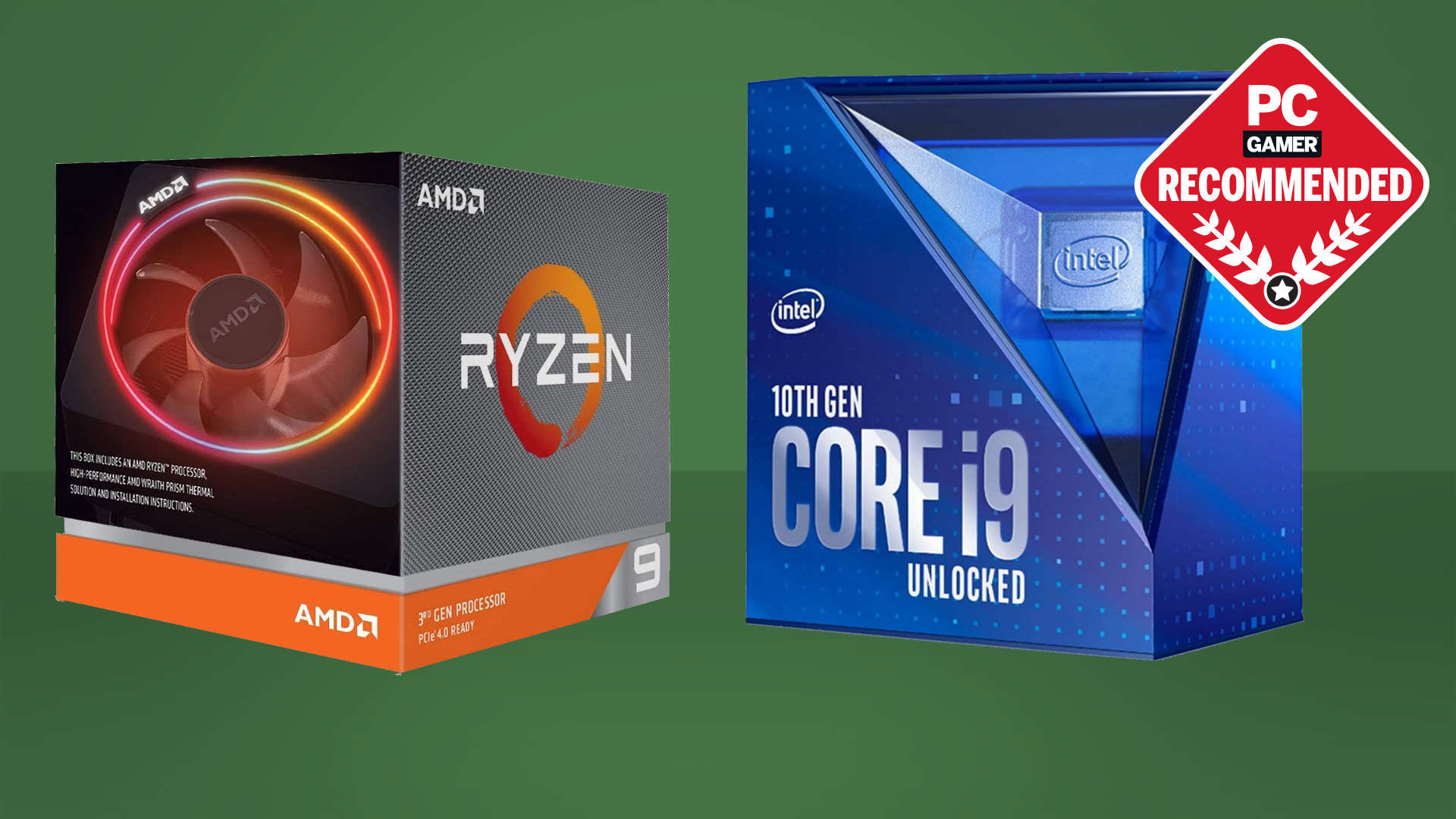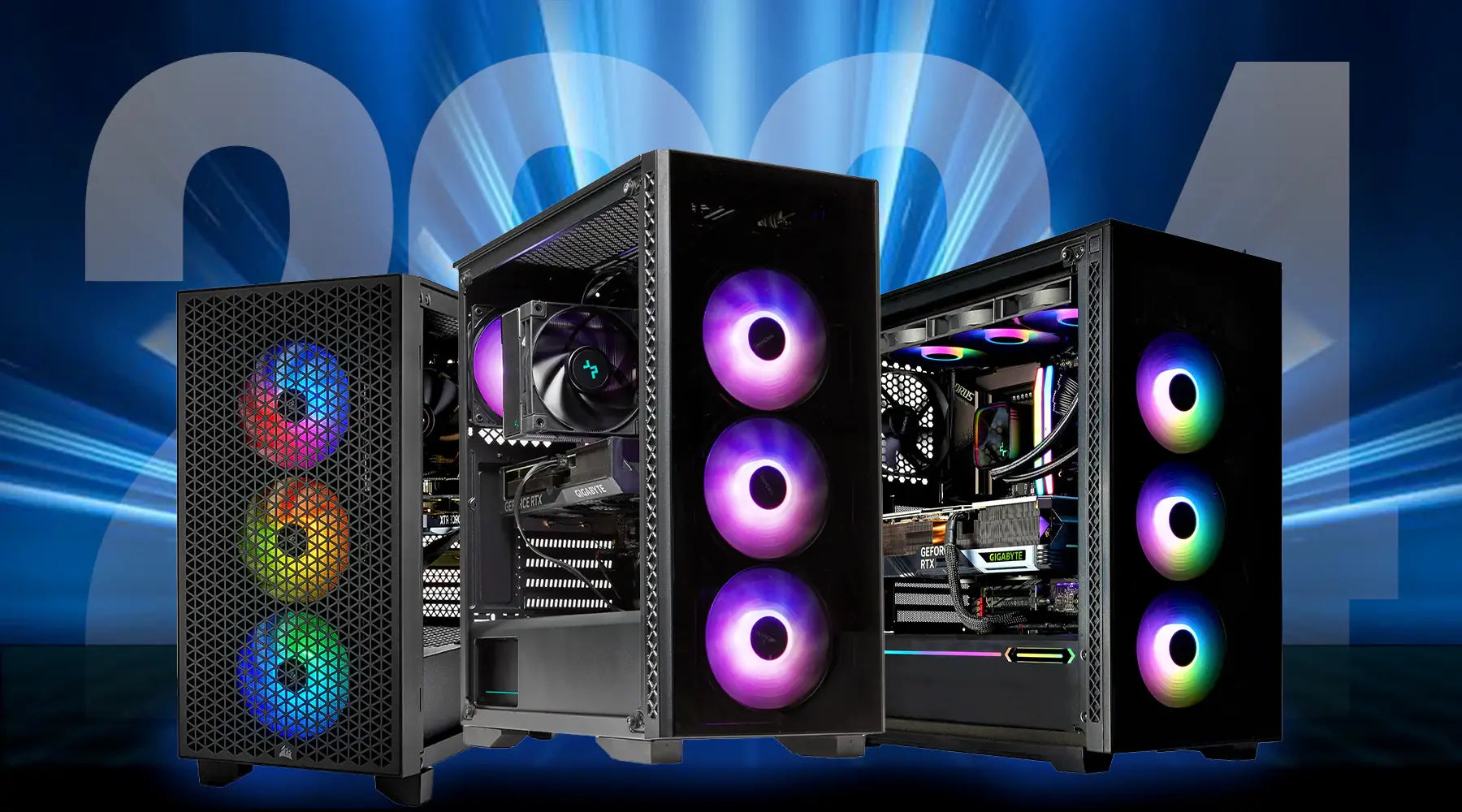
The Heart of Your Gaming Rig: Choosing the Right CPU for Peak Performance
In the ever-evolving world of PC gaming, one component reigns supreme in determining overall performance: the Central Processing Unit, or CPU. While a powerful graphics card (GPU) handles the visually demanding aspects, the CPU is the brain orchestrating everything behind the scenes. It’s responsible for processing game logic, AI, physics, and handling input from your keyboard and mouse. Choosing the right CPU can be the difference between a smooth, immersive gaming experience and frustrating stutters, low frame rates, and a system that simply can’t keep up.
This article will delve into the intricacies of CPUs for gaming, covering the key specifications, different manufacturers, budget considerations, and future-proofing strategies to help you make an informed decision and unlock the full potential of your gaming rig.
Understanding the CPU Landscape: Key Specifications
Before diving into specific models, it’s crucial to understand the core specifications that define a CPU’s performance capabilities:
-
Cores: The number of physical processing units within the CPU. Each core can independently execute instructions, allowing the CPU to handle multiple tasks simultaneously. Games are increasingly optimized to utilize multiple cores, meaning more cores generally translate to better performance, especially in modern, complex titles and when multitasking (streaming, recording, etc.).
-
Threads: Modern CPUs often feature "Simultaneous Multithreading" (SMT) or "Hyper-Threading" (Intel’s implementation). This technology allows each physical core to simulate two logical cores (threads), effectively doubling the CPU’s ability to handle parallel tasks. While not as powerful as a true physical core, threads can significantly improve performance in multi-threaded applications and games.
-
Clock Speed (GHz): Measured in Gigahertz (GHz), clock speed represents how many instructions the CPU can execute per second. A higher clock speed generally translates to faster processing. However, clock speed isn’t the only factor determining performance. Architecture, core count, and other factors play a significant role.
-
Cache Memory: A small, fast memory bank within the CPU used to store frequently accessed data. There are typically three levels of cache: L1, L2, and L3, with L1 being the fastest and smallest, and L3 being the slowest and largest. Larger cache sizes can improve performance by reducing the need to access slower system RAM.
-
TDP (Thermal Design Power): Measured in Watts (W), TDP indicates the amount of heat the CPU is expected to generate under maximum load. This value is crucial for selecting an appropriate CPU cooler to prevent overheating and ensure stable performance.
-
Socket Type: The physical interface that connects the CPU to the motherboard. Ensure that your chosen CPU and motherboard have compatible socket types. For example, AMD Ryzen CPUs typically use the AM4 or AM5 socket, while Intel Core CPUs use sockets like LGA 1700.
AMD vs. Intel: The Ongoing Battle for Gaming Supremacy
For years, the CPU market has been dominated by two major players: AMD and Intel. While both companies offer a wide range of CPUs suitable for gaming, their architectures and performance characteristics differ, making it essential to understand their strengths and weaknesses:
-
AMD Ryzen: AMD Ryzen CPUs have gained significant traction in recent years, offering excellent performance at competitive prices. They are known for their high core counts, strong multi-threading performance, and excellent value proposition. Ryzen CPUs are particularly well-suited for gamers who also engage in content creation, streaming, or other CPU-intensive tasks. AMD’s latest Ryzen 7000 series utilizes the AM5 socket and features cutting-edge Zen 4 architecture, delivering significant performance improvements over previous generations.
-
Intel Core: Intel Core CPUs have traditionally been the go-to choice for gaming, boasting strong single-core performance and excellent compatibility with a wide range of games. While AMD has closed the gap, Intel’s latest 13th and 14th generation Core processors (Raptor Lake and Raptor Lake Refresh) offer impressive performance in gaming and productivity tasks. Intel utilizes a hybrid architecture, combining Performance-cores (P-cores) for demanding tasks and Efficient-cores (E-cores) for background processes, optimizing power consumption and performance.
Choosing the Right CPU for Your Budget and Needs
Selecting the optimal CPU for gaming depends on your budget, the types of games you play, and your desired level of performance. Here’s a breakdown of CPU recommendations for different budget ranges:
-
Budget Gaming (Under $200):
- AMD Ryzen 5 5600: A solid 6-core, 12-thread CPU offering excellent performance for the price. It’s a great choice for 1080p gaming and can handle most modern titles without issue.
- Intel Core i5-12400F: Another excellent option with 6 P-cores and 12 threads. It delivers competitive performance in gaming and productivity.
- Things to consider: These CPUs are great for entry-level gaming. Pair them with a budget-friendly motherboard and a capable GPU for a balanced system.
-
Mid-Range Gaming ($200 – $400):
- AMD Ryzen 5 7600X: A powerful 6-core, 12-thread CPU based on the Zen 4 architecture. It offers significant performance improvements over previous generations and is ideal for 1440p gaming.
- Intel Core i5-13600K: A 14-core (6 P-cores + 8 E-cores), 20-thread CPU that delivers excellent performance in both gaming and productivity. It’s a great choice for gamers who also engage in content creation or streaming.
- Things to consider: These CPUs are ideal for gamers targeting 1440p resolution and high refresh rates. Invest in a quality motherboard and a good CPU cooler to maximize performance.
-
High-End Gaming ($400+):
- AMD Ryzen 7 7700X: An 8-core, 16-thread CPU based on the Zen 4 architecture. It offers exceptional performance in gaming and multi-threaded applications.
- Intel Core i7-13700K: A 16-core (8 P-cores + 8 E-cores), 24-thread CPU that delivers top-tier performance in gaming and content creation.
- AMD Ryzen 9 7900X/7950X: If you are a serious gamer who also needs maximum performance for content creation, these are the CPUs to get.
- Intel Core i9-13900K/14900K: Intel’s flagship processors offer the absolute best performance in gaming and productivity, but come with a hefty price tag and require robust cooling.
- Things to consider: These CPUs are for enthusiasts who demand the best possible performance. They require a high-end motherboard, a powerful CPU cooler, and a high-end GPU to fully utilize their potential.
Future-Proofing Your CPU Choice
The rapid pace of technological advancement makes future-proofing a key consideration when choosing a CPU. Here are some factors to keep in mind:
- Core Count: Games are increasingly utilizing multiple cores. Opting for a CPU with more cores (at least 6, preferably 8 or more) will help ensure that your system remains capable of handling future game titles.
- Socket Longevity: Consider the socket type of your chosen CPU and motherboard. A socket with a longer lifespan will allow you to upgrade to newer CPUs without replacing your motherboard. AMD’s AM5 socket is expected to be supported for several years, while Intel’s LGA 1700 socket may be succeeded by a new socket in the near future.
- PCIe Support: Ensure that your motherboard and CPU support the latest PCIe standards (e.g., PCIe 5.0). This will provide ample bandwidth for future graphics cards and storage devices.
- RAM Speed: Fast RAM can significantly improve CPU performance, especially in AMD Ryzen systems. Check the CPU and motherboard specifications for supported RAM speeds and consider investing in high-speed memory.
Conclusion: Choosing the Right CPU for Your Gaming Journey
Selecting the right CPU for gaming is a crucial step in building a powerful and enjoyable gaming rig. By understanding the key specifications, comparing AMD and Intel offerings, considering your budget and needs, and planning for future-proofing, you can make an informed decision that will unlock the full potential of your system. Remember to prioritize a balanced build, pairing your CPU with a capable GPU, sufficient RAM, and a high-quality motherboard to achieve optimal gaming performance. With careful planning and research, you can build a gaming PC that will provide years of immersive and enjoyable gaming experiences.

